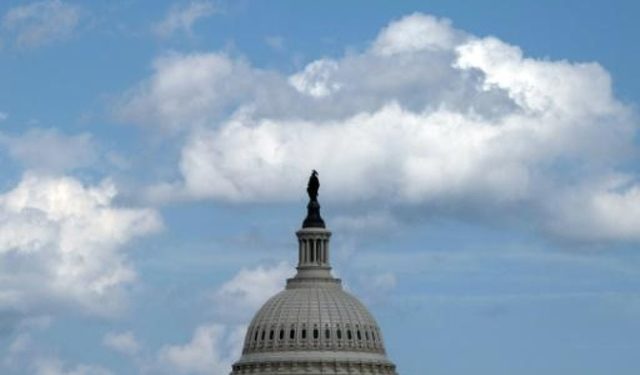US Congress Rejects Arms Sales to Saudi

In a new blow to the House of Saud as a punishment for their crimes, the US House of Representatives passed a bill suspending $ 8.1 billion worth of arms deals to Saudi Arabia and other Washington allies, in a blow to President Donald Trump, who is likely to veto the resolution.
Angry at the kingdom’s role in the journalist Jamal Khashoggi’s murder last year, Congress members passed three resolutions suspending controversial arms deals after being announced under emergency measures and without being presented to Congress.
The legislation has already been passed in the Senate so that it will be sent in a later step to the White House. Trump is expected to make the third presidential veto since he took office.
Although the House of Representatives majority agreed to stop arms sales with, the decision needed 50 more votes to win the two-thirds majority required to overtake Trump’s veto.
Trump seeks to make 22 separate arms sales deals with Saudi Arabia, the United Arab Emirates, and Jordan. These deals include maintenance of planes and ammunition at a time of heightened tension in the Middle East.
Opponents say such arms deals will fuel a devastating war in Yemen, where Saudi Arabia is leading a US-backed coalition against Iranian-backed Huthi rebels. The United Nations said caused the worst humanitarian crisis in the world.
“When we see what’s going on in Yemen, it’s so important for the United States to take a stand,” House of Representatives Foreign Affairs Committee Chairman Eliot Engel said on the House floor.
The veteran Democrat concurred that the threats from the Iranian-backed Huthis were real, “but that doesn’t mean we should just look the other way in the face of violence and the slaughter of civilians.”
In May Trump’s administration overtook Congress to approve the sale, after it announced that Iran was a “threat” to the stability of the region.
Secretary of State Mike Pompeo had said the administration was responding to an emergency caused by Saudi Arabia’s arch-foe rival Iran, which backs the Huthi rebels in Yemen.
Several lawmakers, including Senate Republicans, said there was no legal justification for bypassing Congress, which has the right to challenge such agreements.
Last month Senator Lindsey Graham delivered a stinging rebuke of the arms sales and Riyadh, saying he hoped the vote would “send a signal to Saudi Arabia that if you act the way you’re acting, there is no space for a strategic relationship.”
The senator referred to Khashoggi’s death last year in Turkey at the hands of Saudi agents, which caused a major crisis in relations between Riyadh and the West.
But Michael McCaul, the top Republican on the House Foreign Affairs Committee, criticized the resolutions as “dangerous” at a time Iran is expanding its reach.
“Iran is stretching its tentacles of terror across the Middle East,” he said in a statement.
“If we allow them to succeed, terrorism will flourish, instability will reign, and the security of our allies, like Israel, will be threatened,” he added.
In a move to confirm its support for Riyadh and to show its strength to Iran, Trump is planning to send 500 troops to Saudi Arabia, CNN reported Wednesday.
The troops will be deployed at Prince Sultan Air Base, east of Riyadh, CNN quoted two Pentagon officials as saying.
The move comes after Washington announced in May it would deploy an additional 1,500 troops in the Middle East to counter “actual threats” from Iran.





